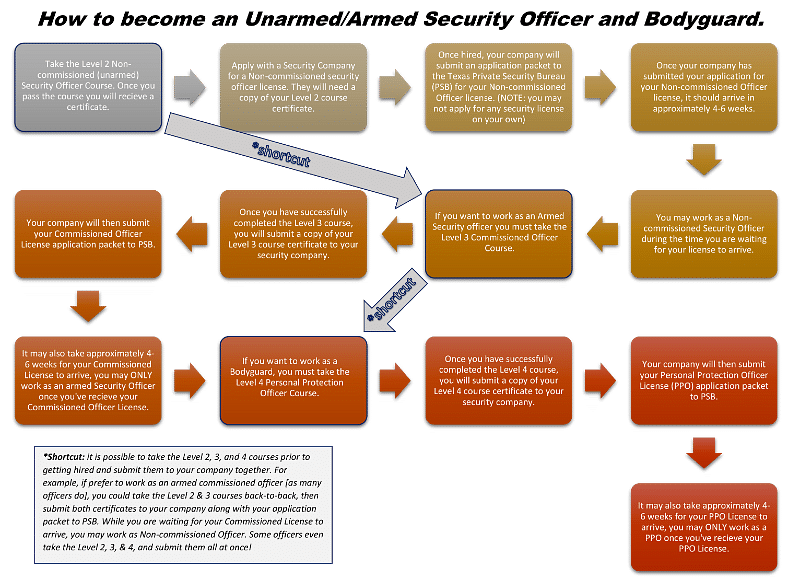
How You Can Become A Security Guard
The world we live in today has an ever-increasing demand for security. Whether it's protecting businesses, gated communities, or special events, security guards play a pivotal role in ensuring safety and order. As a result, more and more individuals are considering a career as a security guard. If you're one of them, you're in the right place!
Top Gun Bodyguard, Investigations & Security Consulting's general guide to becoming a security guard will walk you through the essential steps and requirements to become a security guard. However, we need to place a special emphasis that each state has their own security guard requirements. Therefore, you will need to delve into further information regarding how to become a licensed security guard for your specific area. Thankfully, Top Gun Bodyguard, Investigations & Security Consulting’s professional

1) Understanding the Role of a Security Guard
Before diving into the requirements, it's crucial to fully comprehend the role of a security guard. Typically, security guards monitor premises to prevent theft, violence, and breaches of safety. Their duties often include patrolling properties, monitoring surveillance cameras, and collaborating with law enforcement when necessary.
2) Meet the Basic Qualifications
While specific qualifications can vary depending on state requirements, there are common prerequisites to become a security guard in most states:
Age: Most states require security guards to be at least 18 years old.
Background Check: An extensive criminal background check is standard.
Physical Fitness: Given that the role can be physically demanding, you might need to pass a physical exam.
Training: Many states mandate a particular amount of training, which we'll delve into shortly.
3) State-Specific Requirements
Remember, different states in the USA have unique stipulations. For example:
California: In California, aspirants must complete a 40-hour course and pass a written exam.
New York: New York mandates an 8-hour pre-assignment training course, followed by a 16-hour on-the-job training course.
Florida: Florida requires a Class "D" Security Officer License, necessitating 40 hours of professional training.
It's crucial to check with your state's licensing board to understand specific requirements.
4) Obtain Proper Training
While some states have mandatory training hours, others might not. However, professional training can significantly bolster your career prospects. This is where Top Gun Bodyguard, Investigations & Security Consulting steps in. Known for its comprehensive security guard training services, Top Gun Bodyguard, Investigations & Security Consulting offers top-tier courses designed to equip you with the skills necessary for the job.
5) Get Licensed
Post-training, the next step is often acquiring a license. Licensing processes typically include:
- Written Examination: Tests your knowledge of security procedures and the law.
- Fingerprinting: To ensure an exhaustive background check.
- Application Fee: This can vary from state to state.
6) Gain Experience
Like any profession, the more experience you have as a security guard, the more opportunities will open up for you. Many security professionals start with entry-level positions and work their way up, gaining more specialized skills and potentially moving into supervisory roles or specialized sectors like cybersecurity.
7) Stay Updated
The security industry is dynamic, and staying updated with the latest trends, techniques, and regulations is essential. Regularly attend workshops, seminars, and training sessions. Engage with security communities and keep an eye on state-specific regulations that might change.
8) Consider Further Certifications
Apart from the basic license, several certifications can enhance your credentials, such as:
- Certified Protection Officer (CPO)
- Certified in Security Supervision and Management (CSSM)
- Certified Institutional Protection Manager (CIPM)
These certifications can be particularly helpful if you're eyeing a senior or specialized role in security.
Start Your Journey as a Security Guard
Embarking on a career as a security guard can be both rewarding and challenging. Given the significance of the role security guards play in today's society, it's no wonder there's a rising demand for trained and dedicated security professionals.
For those considering this path, remember the importance of state-specific requirements and the value of comprehensive training. Ready to start your journey? Dive into the world of security with the best by contacting Top Gun Bodyguard, Investigations & Security Consulting today!

